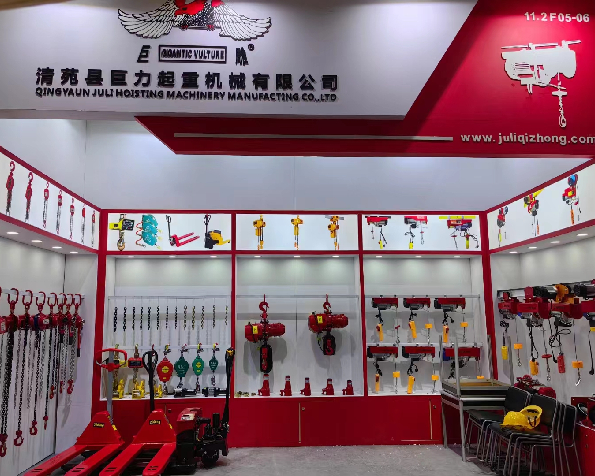Crane scales, a pivotal instrument in industrial and commercial weighing, have seen substantial demand across multiple sectors—from shipping to metallurgy. Understanding crane scale pricing requires insights into factors influencing its cost, such as load capacity, technology, brand reputation, and additional features. A deep dive into these elements provides a comprehensive view of the investment required and the returns expected, enhancing decision-making for businesses.

Load capacity is a primary determinant of crane scale price. Scales designed for lighter loads, often used in retail or small industrial applications, typically cost less than those used for heavy-duty purposes, like in shipyards or construction sites. For instance, a scale with a 300 kg capacity might range between $200 and $500, whereas those capable of measuring up to 20 tons could exceed $3,000. The specific business needs dictate the necessary capacity, making it crucial to opt for an appropriate scale to avoid overpaying for unnecessary capability.
Technology integration also impacts pricing. Basic analog models, which might cost less but provide limited precision and lack advanced connectivity, contrast sharply with modern digital scales embedded with wireless capabilities and sophisticated software for data analysis. These advanced models support remote monitoring and integrate with enterprise resource planning systems, offering substantial long-term operational benefits, albeit at a higher upfront cost. Digital crane scales typically start around $1,000 but can go higher based on the complexity of features.

Brand reputation establishes another price layer, as well-established brands offer proven reliability and performance, ensuring minimal downtime and maintenance costs. Trusted brands usually provide comprehensive warranties and superior customer support, which are essential for mission-critical operations. Although these scales might come with a premium, the assurance and lower risk of operational hiccups often justify the higher cost. For example, a well-known brand might price a standard 1-ton crane scale at $800, while a lesser-known brand offers a similar scale for $650.
Additional features catered to enhance user experience can also affect the price. These may include easy-to-read displays with night-vision lighting, weatherproof design for outdoor use, shock and overload protection, and battery efficiency for longer operational hours without recharging. These features improve usability and safety, ensuring precise measurements under various conditions, pivotal for industries that operate 24/7 or in harsh environments.
crane scale price
The experience of using crane scales can vary based on industry-specific demands. In logistics, where speed and accuracy are paramount, opting for a mid-range scale with quick-response digital output ensures efficient cargo management, minimizing load time and human errors. Meanwhile, in the manufacturing sector, where diverse material weights are common, systems capable of storing multiple item profiles and applying automatic taring simplify operations and enhance productivity.
Expertise in crane scale integration involves thorough knowledge of not only the scale's specifications but also its fit within the existing operational framework. Consultations with industry experts or experienced suppliers often illuminate optimal choices tailored to meet unique challenges and efficiency goals. Such expertise aids in aligning technology acquisitions with strategic business objectives, optimizing the return on investment considering both upfront and operational costs over time.
A trusted crane scale purchase is ultimately about balancing cost, technology, reliability, and post-purchase support. Reliable, long-term performance often results from selecting equipment that suits current operational needs while allowing for scalability as business demands evolve. Verifying certifications, seeking customer testimonials, and relying on reviews from authoritative sources bolster trust in the investment, ensuring equipment reliability and user satisfaction.
In conclusion, understanding crane scale pricing involves more than just evaluating sticker prices. It’s about matching specific operational needs with suitable technology and reliability, considering long-term benefits and potential for integration into larger systems. By considering these aspects—capacity, technology, brand value, and user-centric features, businesses can make well-informed decisions, ensuring cost-effectiveness while enhancing operational capabilities.








